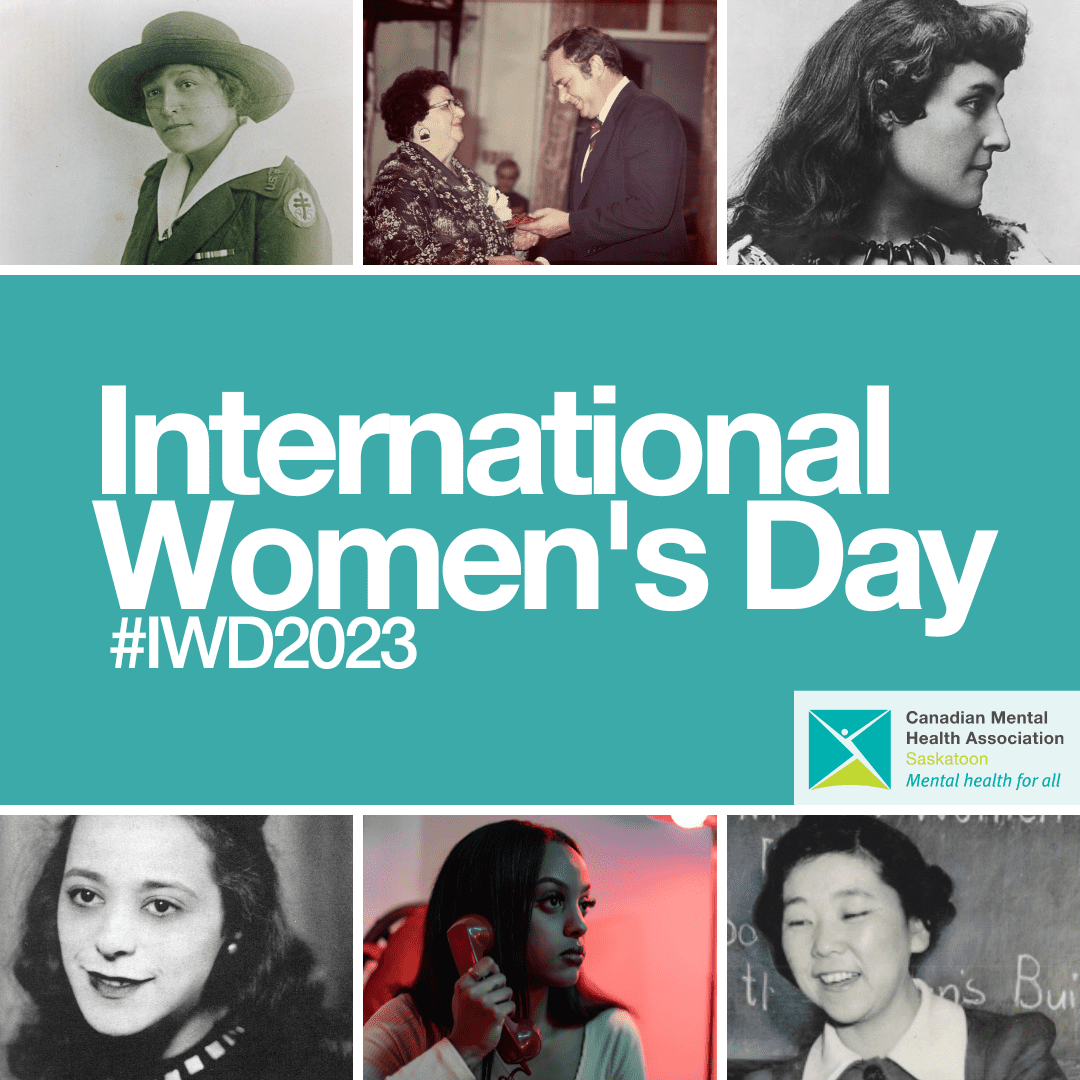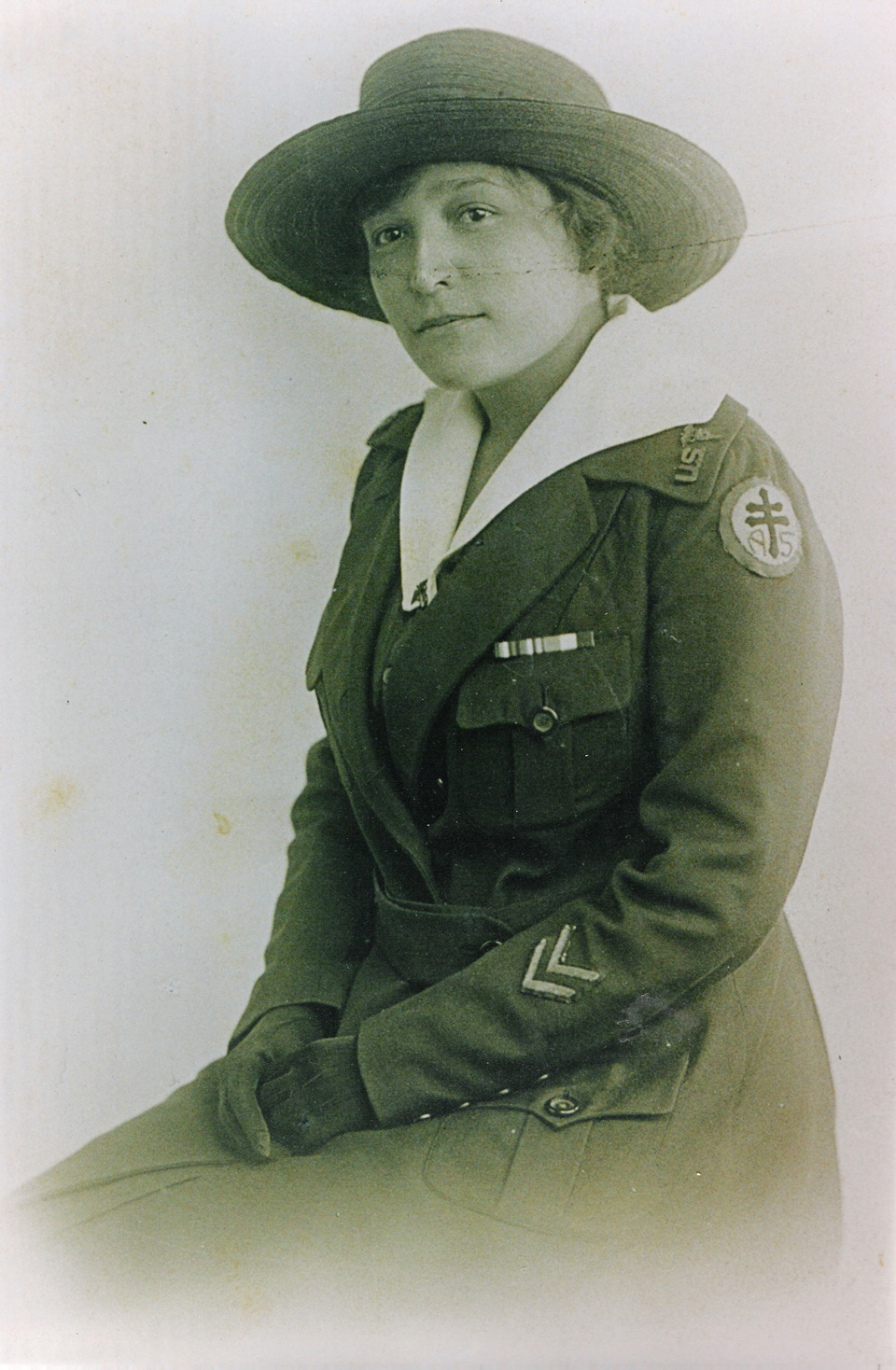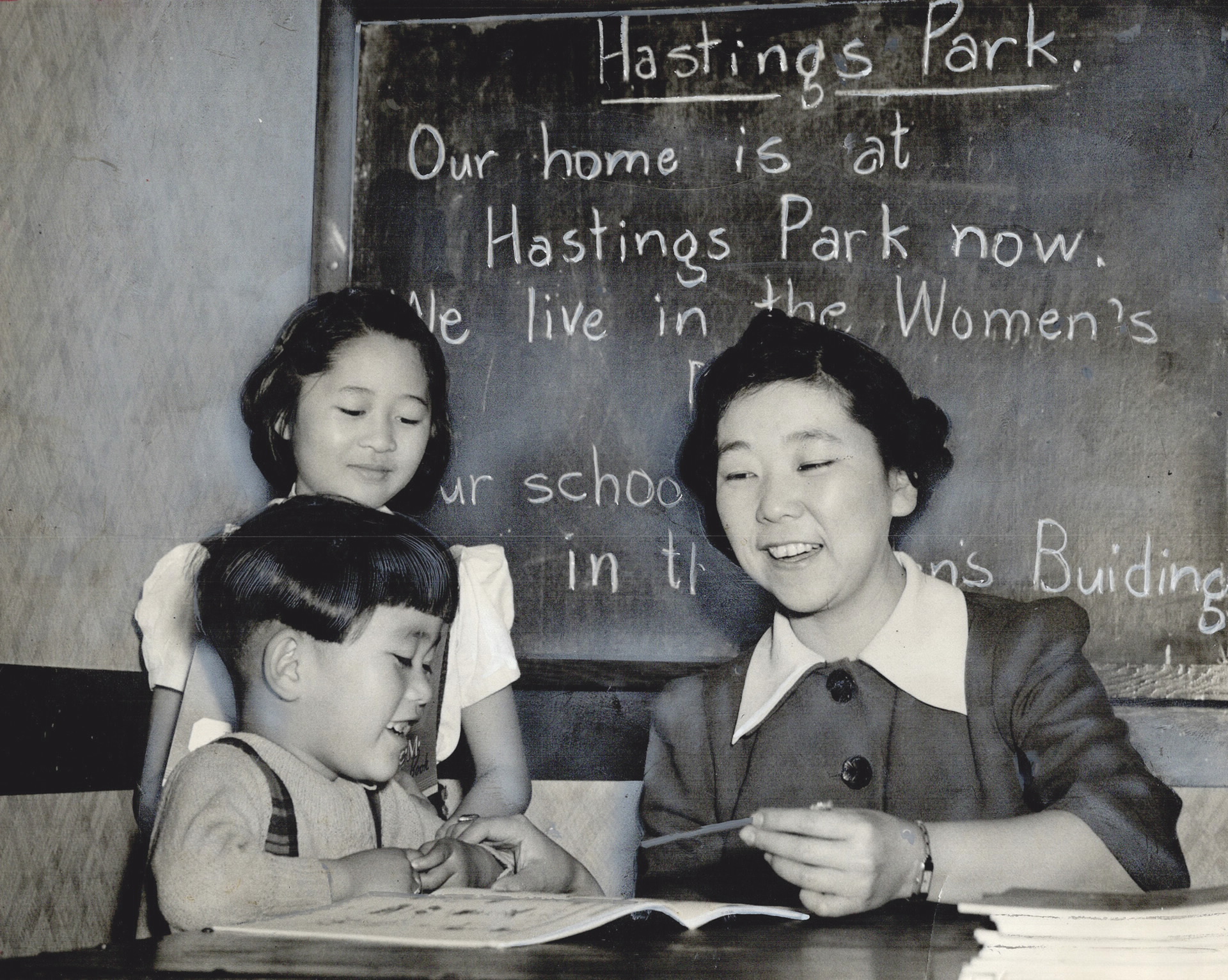
Happy International Women’s Day!
Celebrate the achievements of women around the world today, but let’s not forget the ongoing inequalities that Indigenous women and women of color still face in Canada today.
Indigenous women and women of color (WOC) continue to experience discrimination, racism and marginalization in various forms. From wage gaps to inadequate access to healthcare, education and housing, systemic barriers exist that prevent women from achieving their full potential.
On this International Women’s Day, commit to doing the work to achieve equality for all women, including those who have been historically excluded and marginalized, and those who are still excluded today. Amplify their voices, listen to their stories, and work together to build a future where all women thrive.
Keep reading to learn more about the contributions of Indigenous women and WOC in Canadian history.
Edith Monture

“Edith was the first Indigenous woman to become a registered nurse in Canada and to gain the right to vote in a Canadian federal election. She was also the first Indigenous woman from Canada to serve in the United States military. Edith broke barriers for Indigenous women in the armed forces and with regards to federal voting rights. A street (Edith Monture Avenue) and park (Edith Monture Park) are named after her in Brantford, Ontario.” [Source: The Canadian Encylopedia]
Mary Two-Axe Earley

“Mary Two-Axe Earley was an advocate for women and children and human rights activist. She was also a pioneer and architect of the Canadian women’s movement. Her political activism helped to forge a coalition of allies to challenge Canadian laws that discriminated against Indigenous women. The great bulk of her political advocacy spanned the last three decades of her life, and she was particularly active in the 1960s, 1970s and 1980s. After a difficult battle, the work of Two-Axe Earley eventually culminated in Bill C-31 receiving Royal Assent on 28 June 1985. Bill C-31 amended the Indian Act to outline a process of reinstatement for some women who had lost their status because of section 12(1)(b).” [Source: The Canadian Encylopedia]
Pauline Johnson

(Tekahionwake, “double wampum”)
“Pauline Johnson was one of North America’s most notable entertainers of the late 19th century. A mixed-race woman of Mohawk and European descent, she was a gifted writer and poised orator. She toured extensively, captivating audiences with her flair for the dramatic arts. Johnson made important contributions to Indigenous and Canadian oral and written culture.
Johnson often romanticized interactions between Indigenous and non-Indigenous people. But she also wrote critically about the stereotypes and circumstances faced by Indigenous peoples during this period.” [Source: The Canadian Encylopedia]
Viola Desmond

“Viola Desmond built a career and business as a beautician and was a mentor to young Black women in Nova Scotia through her Desmond School of Beauty Culture. In 1946, Viola Desmond challenged racial discrimination when she refused to leave the segregated Whites-only section of the Roseland Theatre in New Glasgow, Nova Scotia. Viola Desmond was arrested, jailed overnight and convicted without legal representation for an obscure tax offence as a result. Despite the efforts of the Nova Scotian Black community to assist her appeal, Viola Desmond was unable to remove the charges against her and went unpardoned in her lifetime. Desmond’s courageous refusal to accept an act of racial discrimination provided inspiration to later generations of Black persons in Nova Scotia and in the rest of Canada.” [Source: The Canadian Encyclopedia]
Ruth Berhe

“Ruth Berhe — more commonly known as Ruth B. — is a singer and songwriter from Alberta. Her single “Lost Boy” was an immense success in 2015, and she continues to make music that invokes tears from fans. Her music initially found fame through the app Vine, and she credits a major part of her success to social media. Ruth B. is the daughter of Ethiopian immigrants and the culture is ingrained in her music. The Black Lives Matters protests had a significant impact on Ruth, and she wrote the song “If I Have a Son” inspired by the struggle of Black people, particularly after the death of George Floyd.” [Source: The Peak Publications Society]
Hide Hyodo Shimizu

“The daughter of Japanese immigrants, Shimizu was instrumental in organizing education for interned Japanese Canadian children in British Columbia during the Second World War. For this, she was awarded the Order of Canada in 1982. She was also an activist, lobbying the Canadian government for the enfranchisement of Japanese Canadians in the 1930s and, in the 1980s, for redress for the suffering and loss of interned Japanese Canadians.” [Source: The Canadian Encyclopedia]